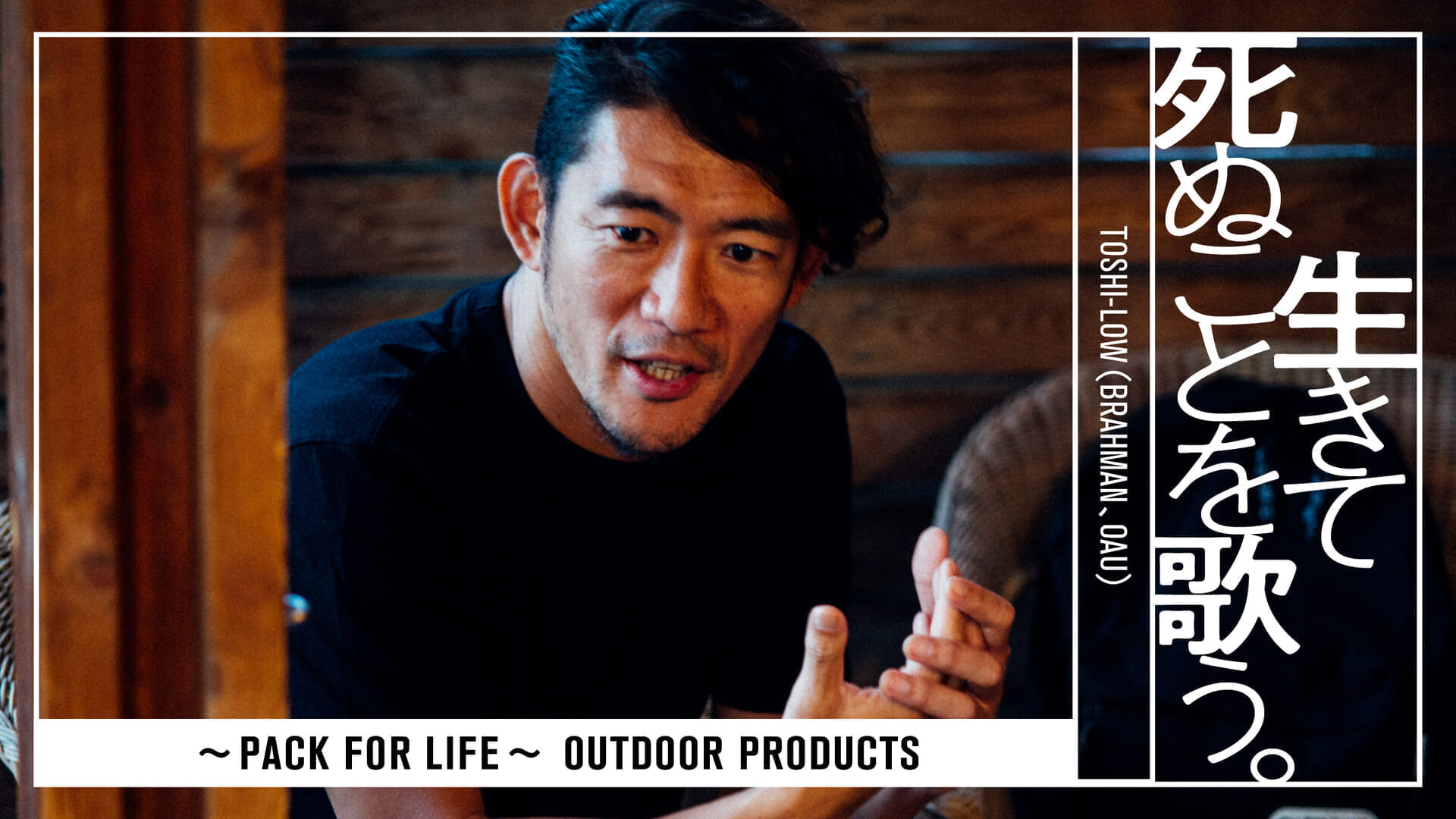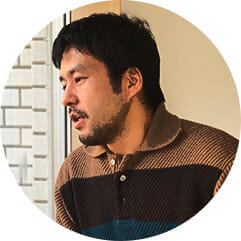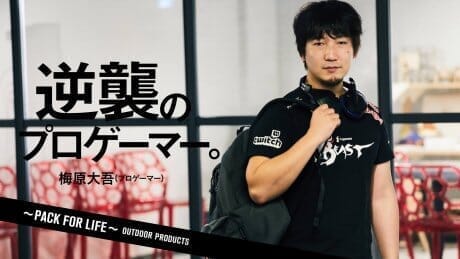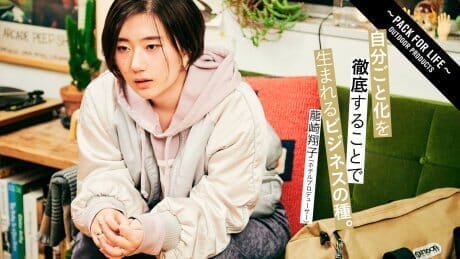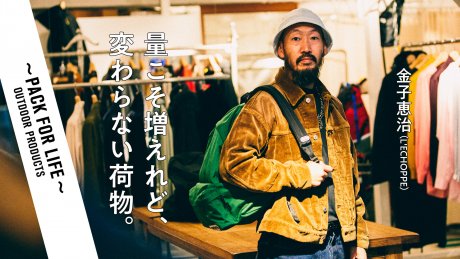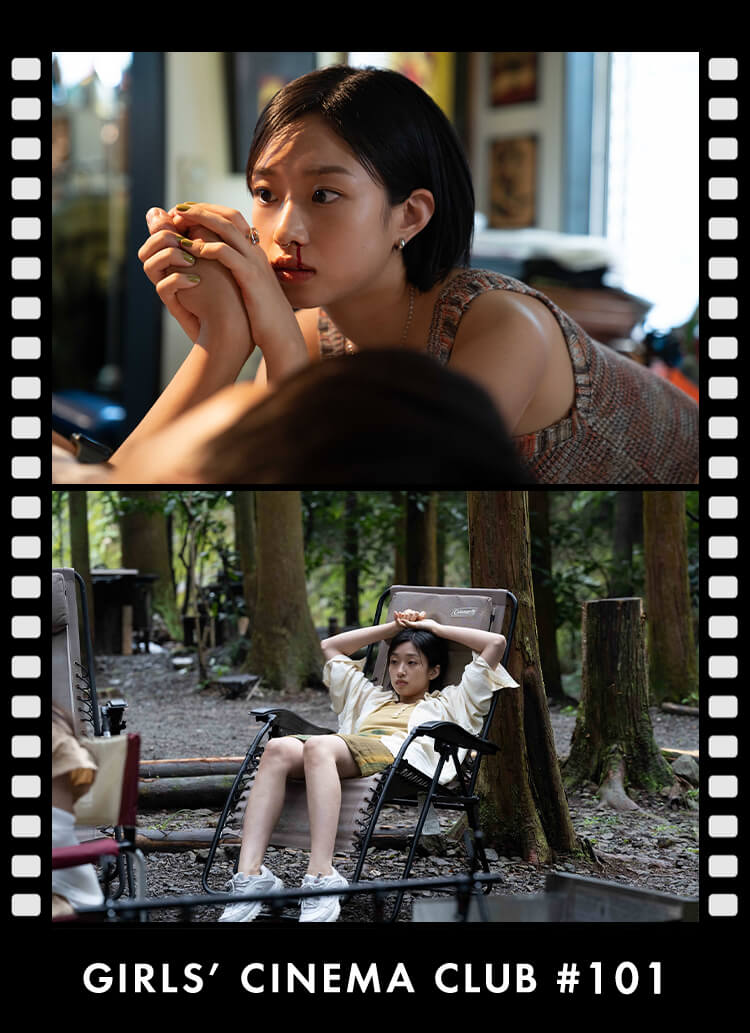There are no songs that can be sung in front of the people in the shelter.

452U ¥4,800+TAX
OAU also symbolized a major turning point in your life, didn't it?
TOSHI-LOW:Then, at a different time in my musical life, the Great East Japan Earthquake happened in 2011, and right before the disaster, I was thinking about stopping all the expressions I had been doing until then. I am not a good singer, nor do I have any talent. On the other hand, the new generation that was emerging one after another was so attractive that we felt we were outdated, and we did not want to continue music until we changed our ways. And, when I saw the reality that my life, which I would only live once, would be drastically changed by a natural disaster that many people did not expect, I was forced to rethink everything that I had.
How did you reconsider?
TOSHI-LOW:In the middle of the burned-out, rubble-strewn city, I thought to myself, "I want to come back to this city and sing again. In other words, I was the one who most wanted to express myself through singing, which I was willing to abandon before the disaster. Moreover, I realized that I had not been working hard there. All I had done up until then was to dress up and make myself look big, and there was not a single song that I could sing proudly in front of the people in the evacuation center. So, when I returned to Tokyo, I decided to learn to sing properly once again, and I also decided to take back what I had almost given up on. So I became clearer about what I wanted to do.

After the earthquake, TOSHI-LOW began to sing Japanese lyrics and communicate with the audience at live shows through MCing, which he had never done before.
TOSHI-LOW:I realized that expressions that cut out and show only one aspect of a person to make them understand you are of no use in an extreme situation such as the earthquake. Instead, you can only be trusted if you put your whole heart and soul into it, think about it, and communicate it. So, since the disaster, I have come to think that if I open up everything and am hated for it, that's just the way it is. In the past, I thought I was doing music in a brusque manner, thinking it was okay to be disliked, but in fact, I was afraid of being disliked, and I was taking a preemptive attitude to protect myself. Compared to those days, now that I have become more open, there is much less to be afraid of. For example, even if someone attacks my personality, I can simply admit my weakness and smile, saying, "I have my weaknesses. As a result, I think I have more skills to live now.
Survival skills should be taught to children.

Oniben: The Struggle for Bento by a Strong-Faced Punk Rocker
TOSHI-LOW (PIA)
I think that "Oni-ben", a book published last year, which describes the struggle of TOSHI-LOW to make lunch boxes for his children for six years, is also a symbol of fatherhood. I wonder what kind of fatherhood TOSHI-LOW has in mind.
TOSHI-LOW:Lately, my fatherhood has become so strong that I sometimes wonder if I am more maternal than paternal (laugh), but for me, fatherhood has a lot to do with a father's desire to teach and pass on something to his children. What fathers should teach their children, I think, is the art of survival. What do you do to survive? The art of camping outdoors is one of the survival skills, and the art of living in this society, and looking into one's own heart for that purpose, is also a survival skill in a larger sense. Because if you don't know yourself, you won't know what you are good at, and you won't be able to get the work or expression that you really like and can continue to do. The role of a father is to teach survival skills in the sense of living like that, and "Oniben" is one of them. One of the reasons for learning how to cook is to survive.
You have been organizing New Acoustic Camp since 2010, a music festival that is also an opportunity to learn the art of living through camping. How do you think your 10 years of experience in organizing the festival has been reflected in your music?
TOSHI-LOW:Before starting New Acoustic Camp, I used to complain about the bad catering and the lack of love for music at other festivals. However, when we started New Acoustic Camp, we decided to create a dream village for a short period of time where people could get together and not be bound by rules, and where everyone could work on their own initiative. In order to maintain the original purpose of the festival, it is necessary to make various changes in these areas, but if we make too many changes, it would go against the purpose of the festival, so we have been trying to minimize the changes. It's hard work, but after working on it for so long, I have a completely different perception of how things should be done.

What are some of the things you've noticed?
TOSHI-LOW:Suppose you have a standard daypack. You might think that it has existed in the same shape for a long time, but in order to remain the standard of that era, the zippers and material details must have changed to the best ones that fit that era. In other words, you keep changing in order to stay the same. I look at festivals from various angles, partly because I can have such an important perspective, but I think it is not because I want to make it comfortable or convenient, but because I want to make people happy, and it is love. It is that kind of love that makes people love a product for a long time. In other words, joy comes before the pursuit of profit, and the response to that joy leads to the pursuit of even greater happiness in the creation of even better products. I didn't want to say this when I was young, but it comes down to whether or not there is love there. I don't think things without love will last for a long time.


